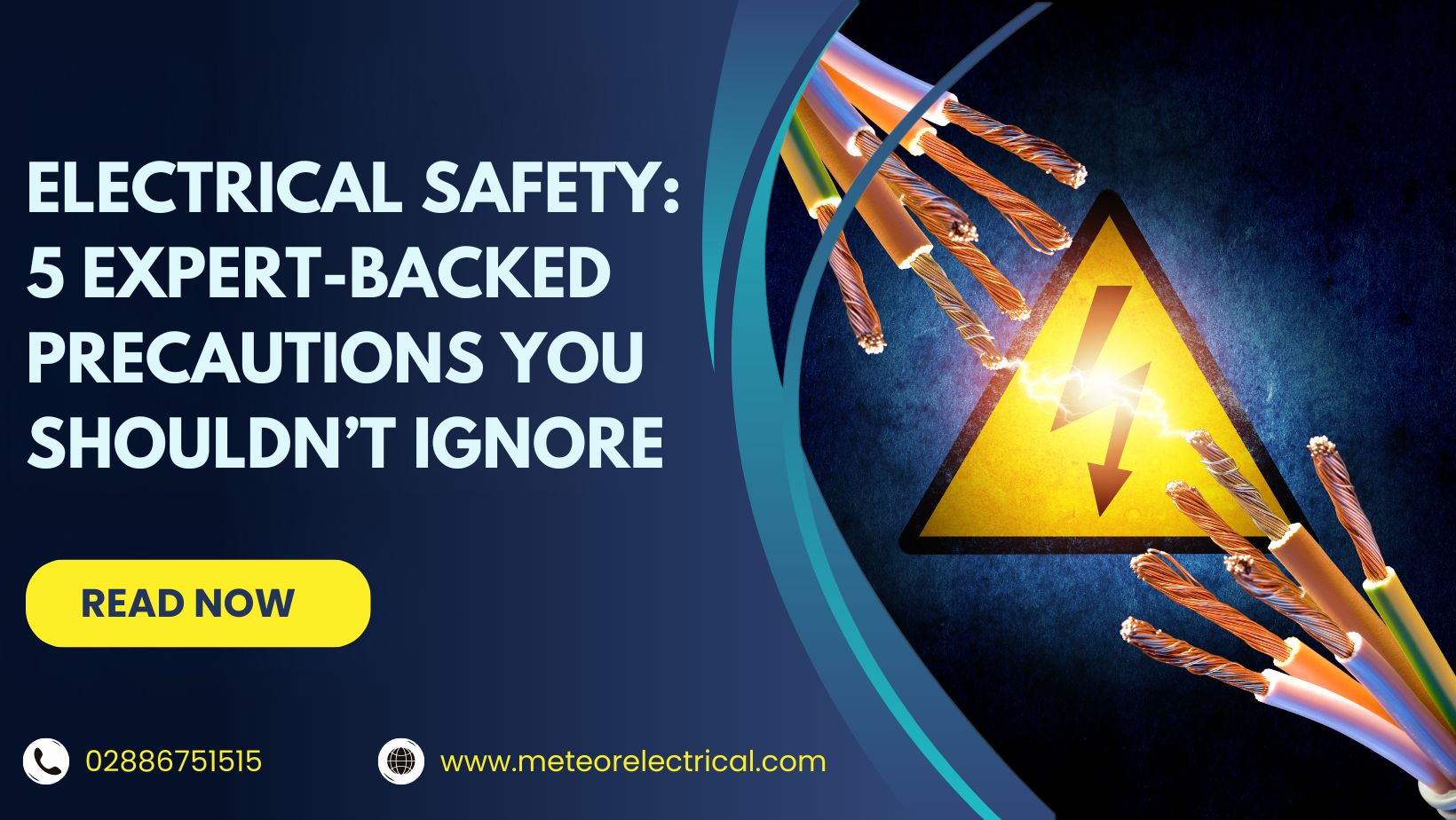Electrical safety in the home

Electricity powers nearly everything we do, from boiling the kettle in the morning to charging our devices at night. But despite its convenience, electricity can be dangerous if mishandled or poorly maintained, especially in the home.
At Meteor Electrical, we believe that staying informed and proactive is key to avoiding common electrical hazards. This guide shares five expert-backed safety tips every homeowner should follow to keep themselves and their loved ones safe.
Whether you're renovating, installing outdoor lighting, or just plugging in your phone charger, these precautions can prevent accidents, fires, or costly damage.
1. Always Hire a Qualified Electrician
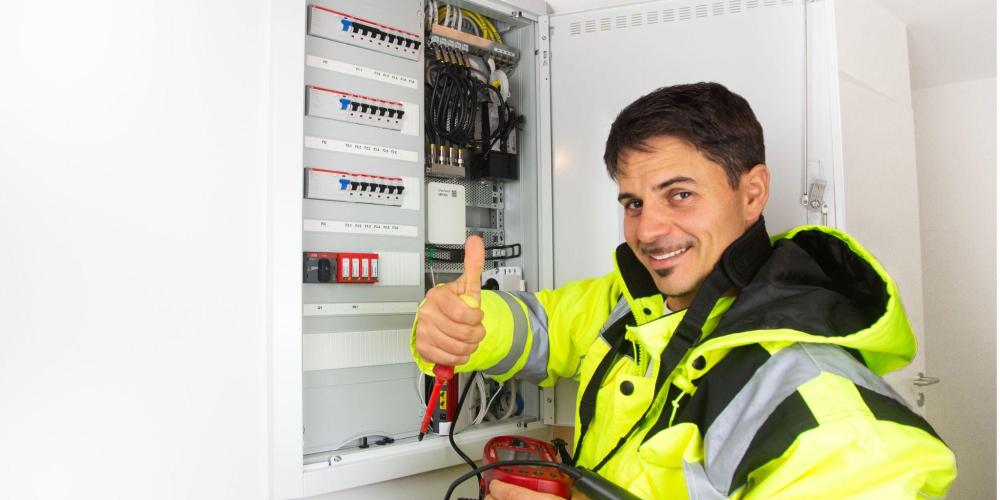
It’s tempting to take a DIY approach, especially when adding a new outlet or installing garden lights. But unless you're a trained electrician, electrical work should be left to the pros.
From incorrect wiring to overloaded circuits, amateur mistakes can lead to electrocution, house fires, or equipment failure. A certified electrician ensures that your installations meet UK safety regulations and are fit for purpose, especially when dealing with outdoor lighting installations or major appliances.
Pro Tip: Always ask for proof of NICEIC or ELECSA registration before hiring an electrician.
2. Use the Right Outdoor Equipment
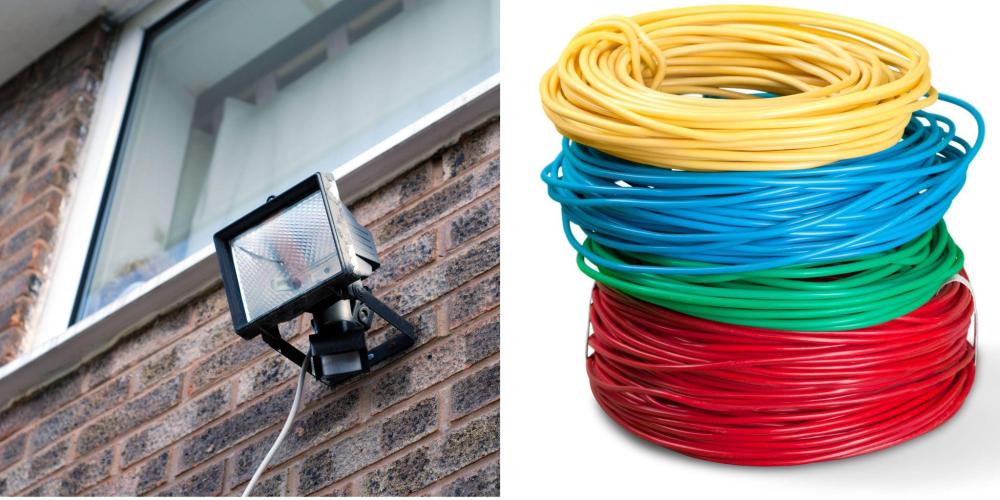
If you're adding outdoor lighting or powering tools for a garden project, use equipment specifically designed for exterior use. Outdoor-rated extension leads and lights are built to withstand moisture, UV exposure, and temperature extremes.
High-quality leads typically include an RCD (Residual Current Device), which shuts off power if water intrusion or a fault is detected. This significantly reduces the risk of electrocution.
3. Replace Damaged or Frayed Cables Immediately
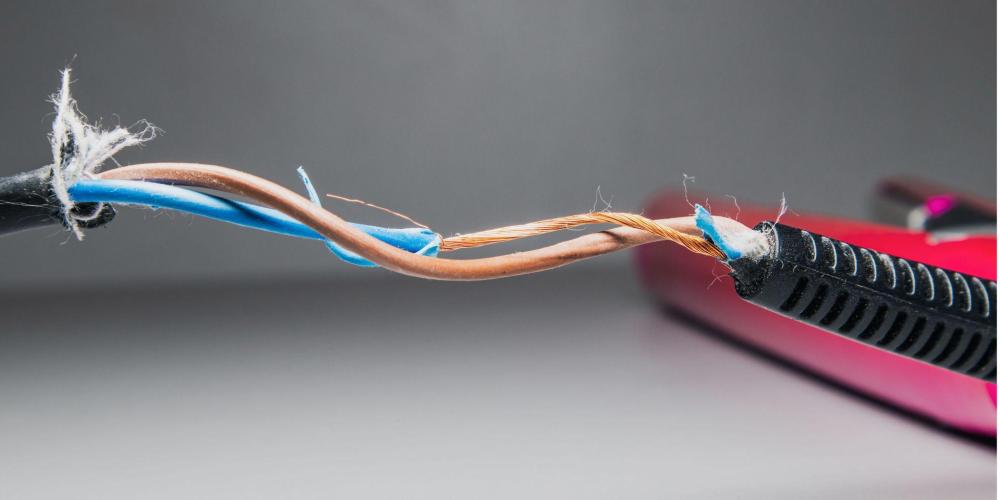
It's easy to overlook a fraying phone charger or appliance cord, but exposed wires can become live hazards, increasing the risk of electrical shock or fires.
Never try to tape over or twist damaged cables. Instead, unplug the device and have it repaired or replaced. If the damage is to household wiring or built-in appliances, call a qualified electrician.
4. Unplug Devices You’re Not Using
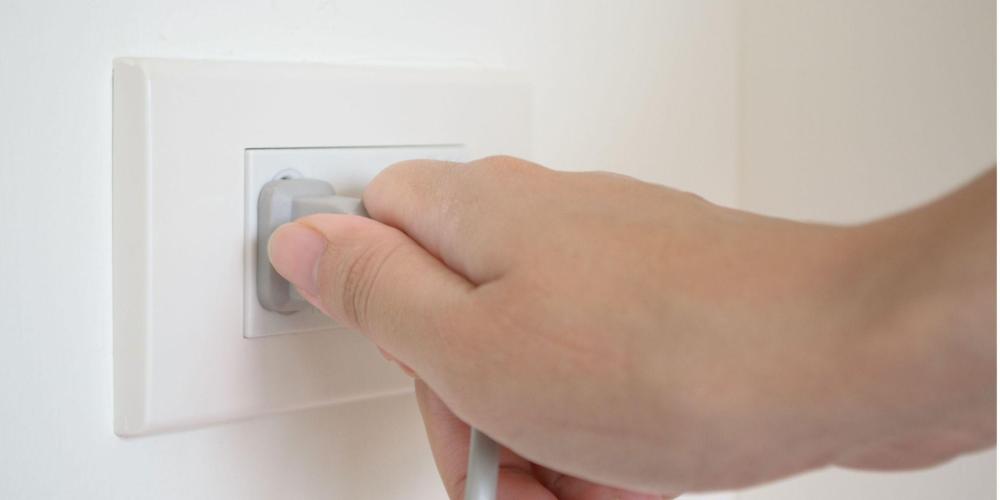
Leaving your devices plugged in 24/7 might seem harmless, but it creates two risks:
- Overheating, which can lead to melted plugs or fire
- Phantom energy loss, which raises your electricity bill
Many household fires are caused by unattended chargers or devices left on standby. Get into the habit of switching off or unplugging appliances like toasters, televisions, and laptop chargers when not in use.
According to Fire and Rescue Services UK, socket overloads and overheating plugs are among the most common causes of domestic fires.
5. Watch for Warning Signs of Electrical Problems
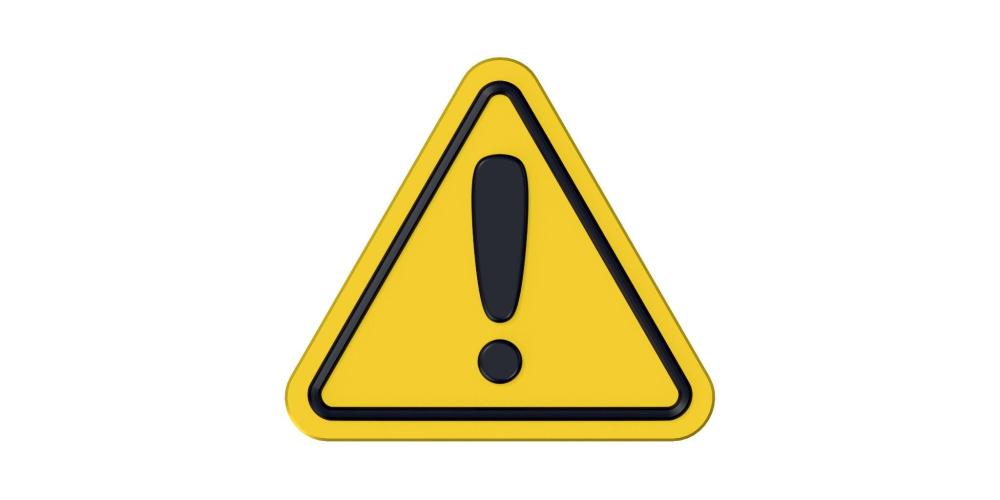
Burn marks on switches, buzzing outlets, or flickering lights aren’t just annoying. They could be signs of serious underlying issues. These symptoms often point to loose wiring, overloaded circuits, or failing appliances.
If you see or smell signs of burning, hear buzzing from a socket, or notice scorch marks, don’t wait. Call an electrician immediately. Early detection can save you from a fire, injury, or costly property damage.
Credit: Copperfield Electric
Conclusion: Safe Homes Start with Smart Choices
Electrical safety in the home is often overlooked until something goes wrong. By following these five expert tips, you can protect your devices, property, and most importantly, your loved ones.
At Meteor Electrical, we’re committed to helping homeowners make smarter, safer choices. From RCD outlets to fire-rated fittings, we stock high-quality electrical supplies built for performance and safety.
Ready to upgrade your home's electrical setup? Visit Meteor Electrical for trusted products and expert support.
FAQs: Electrical Safety at Home
1. Why is it important to unplug appliances when not in use?
Unplugging prevents overheating and fire risk, while also reducing unnecessary energy use.
2. How can I tell if my wiring needs to be replaced?
Signs include flickering lights, tripped circuits, buzzing sounds, or scorch marks near sockets.
3. Are regular extension leads safe for outdoor use?
No. Always use IP-rated, weather-resistant extension leads outdoors to prevent electrical hazards.
4. What should I do if I find a frayed cable?
Stop using the device immediately and contact an electrician to replace the cable.

